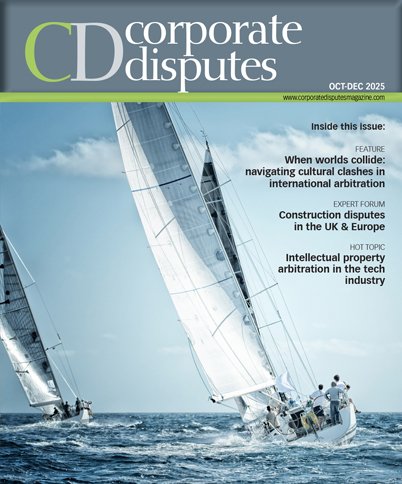WHEN WORLDS COLLIDE: NAVIGATING CULTURAL CLASHES IN INTERNATIONAL ARBITRATION
International arbitration, a leading method for resolving global disputes, involves complexities that extend beyond legal considerations. It brings together parties from different jurisdictions, languages and cultural backgrounds. These differences often shape expectations within the arbitration process and may lead to misunderstandings or conflict.
International commercial arbitration is a primary means of settling cross-border business disputes. By its very nature, it operates across national boundaries and, inevitably, across cultures. Cultural and legal differences influence arbitration outcomes and must be approached with sensitivity. Effectively managing these differences supports the resolution of disputes in a globalised context.
Bridging borders: a common culture of arbitration
International arbitration has become a powerful force in modern dispute resolution. It unites parties from diverse cultural and legal systems and has developed its own distinct culture, characterised by neutrality, procedural flexibility, global standards, confidentiality and professional expertise. From this foundation, a common ground has emerged that enables parties to resolve cross-border disputes amicably. Over the past two decades, developments in the field have made arbitration an increasingly attractive alternative to litigation for global businesses and governments.
The popularity of arbitration continues to grow. Today, it is widely regarded as the dispute resolution mechanism of choice for international entities across many sectors, offering the commercial certainty of a final, binding and enforceable decision. Leading arbitration centres, including the London Court of International Arbitration (LCIA) and the Singapore International Arbitration Centre (SIAC), have reported record numbers of cases in recent years.
The growth of international arbitration can be attributed to a combination of factors and advantages. Arbitration offers parties a flexible, neutral and confidential process for resolving international disputes, overseen by experienced arbitrators and culminating in a final and widely enforceable award.

